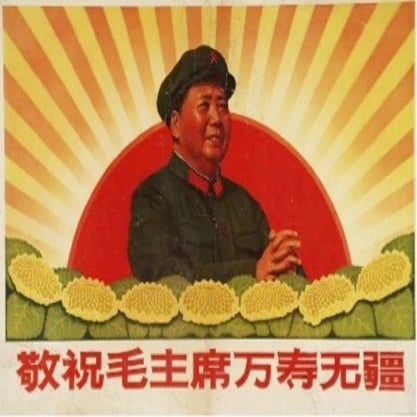Article
Fei Ming (废名) 1901–1967 By Tang, Yan (Amy)
Article
Fei Ming was an important contributor to Chinese modern literature between the 1920s and 1940s. He was born in 1901 to a wealthy and traditional family in Huang Mei county, Hu Bei Province, mainland China. He received Chinese traditional education in si shu (私塾, a private school), studying四书五经 (The Four Books and Five Classics) and other Confucian classics. In 1922 he entered Peking University and began to write poetry and fiction. Two years later he was transferred to the university’s department of English, where he studied British literature. Meanwhile, he became a member of语丝社 (Yu Si She), a literary group founded in 1924 by Lu Xun (鲁迅; original name Zhou Shuren, 周树人) and Zhou Zuoren (周作人, the younger brother of Lu Xun) to produce Chinese modern literary works for their journals—《语丝》(Yu Si) and《耕耘 (Geng Yun). In 1925 Fei Ming published his first short story collection《竹林的故事》 [The Stories of the Bamboo Grove]. Between 1925 and 1932, he published his first long novel 《桥》[Bridge] in serial form in《语丝》. Between 1928 – 1932 he published two short story collections《桃园》 and《枣》, and two long novels,《桥》[Bridge] and 《莫须有先生传》.

